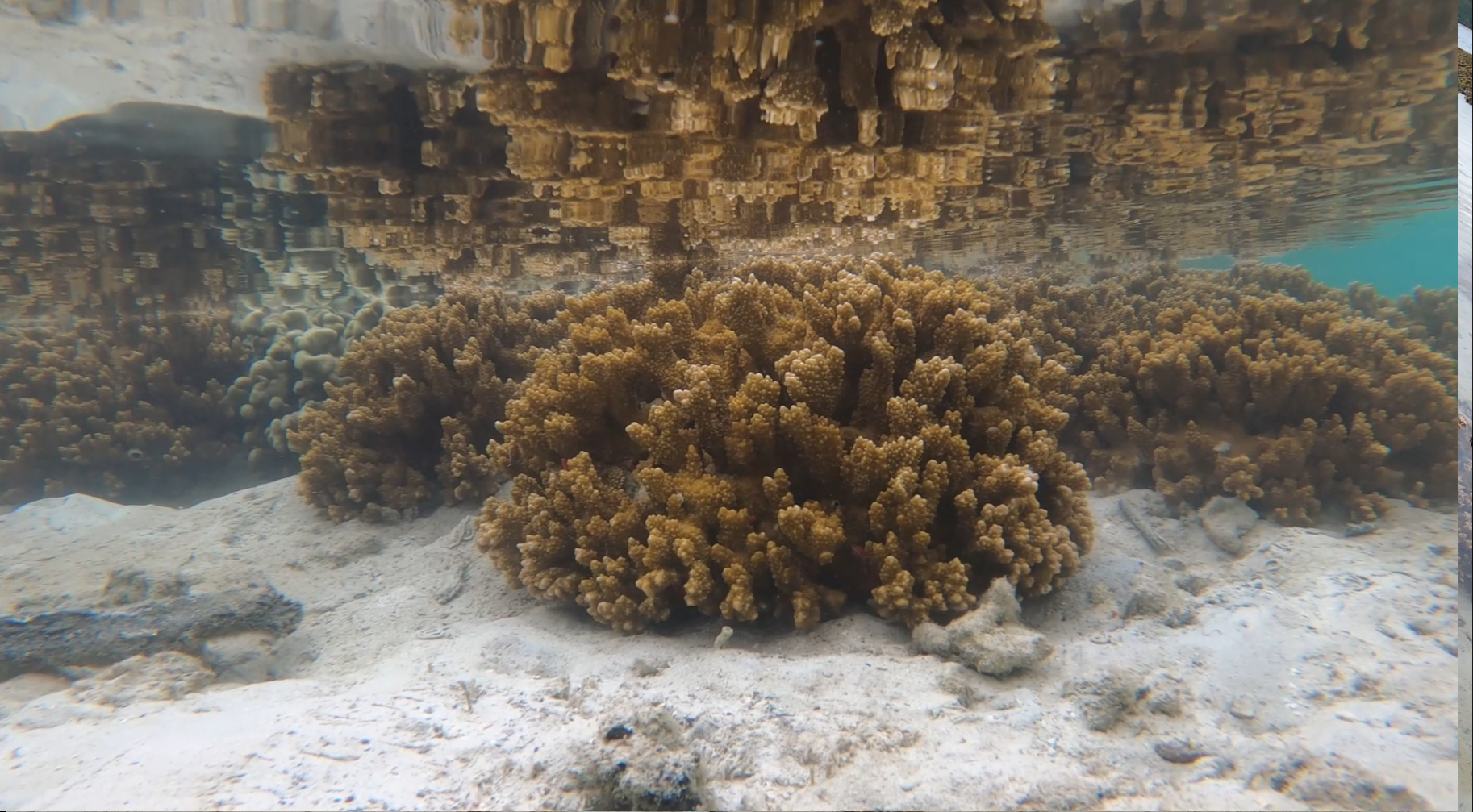
New Study Reveals How Corals Teach Their Offspring to Beat the Heat

Plunge into the shallows off the Florida Keys, Hawaiʻi or the Great Barrier Reef in Australia and you are likely to meet a startling sight.
Where there were once acres of dazzling coral — an underwater world of dayglo greens, brassy yellows and midnight blues — is now a ghostly landscape, with many reefs seemingly drained of their pigment.
Caused by stressful conditions like warming ocean temperatures, coral bleaching is a leading threat to some of our planet’s most diverse and vital ecosystems.
Now, a team of researchers has found that some corals survive warming ocean temperatures by passing heat-resisting abilities on to their offspring.
The findings, published in the journal Nature Communications, are the result of a collaboration between Michigan State University, Duke University and the Hawaiʻi Institute of Marine Biology, or HIMB, at the University of Hawaiʻi at Mānoa. This work, funded by the National Science Foundation and a Michigan State University Climate Change Research grant, is crucial in the race to better conserve and restore threatened reefs across the globe.